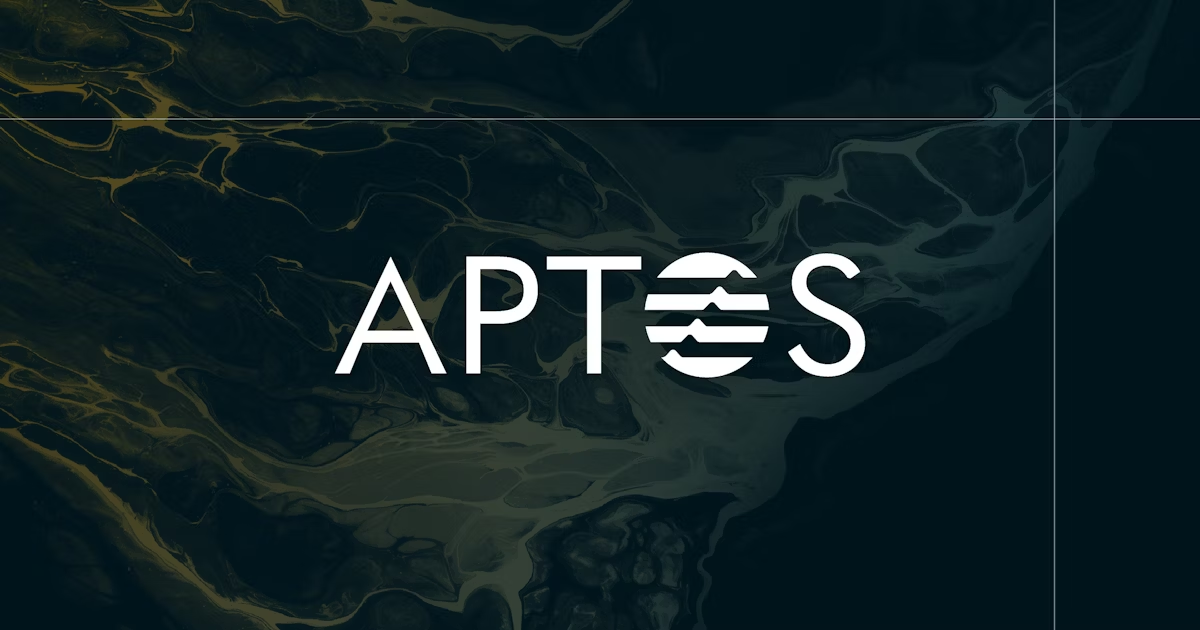The consultation paper proposes dividing crypto assets into Groups 1 and 2. Group 1 consists of tokenized traditional assets such as stocks issued on the blockchain and stablecoins that meet classification requirements.
The classification requirements include passing a redemption risk and basis risk tests. The redemption risk test ensures that the stablecoins are redeemable at all times at peg value. The basis risk test determines if the stablecoin can be sold close to the peg value.
The stablecoins and cryptocurrencies that do not meet these requirements fall within Group 2. These are considered to be riskier than the assets in Group 1 and include cryptocurrencies like Bitcoin and Ethereum, as well as algorithmic stablecoins. Hence, the committee recommends a 1% cap on exposure to Group 2 crypto assets.
For large banks such as JP Morgan and Chase, which has nearly $264 billion in Tier 1 capital, the 1% cap signifies billions of dollars that can be held in crypto.
The previous consultation paper proposed that banks must ensure an equivalent amount of capital-backed all crypto exposures. In other words, if a bank held $100 in crypto, it had to ensure it had $100 as a reserve.
However, the committee has heeded the criticisms of its previous consultation paper. The new paper suggests lighter rules for cryptocurrencies with equivalent liquid derivatives such as exchange-traded funds (ETFs), recognizing hedging possibilities.
Credit: Source link












































































































































